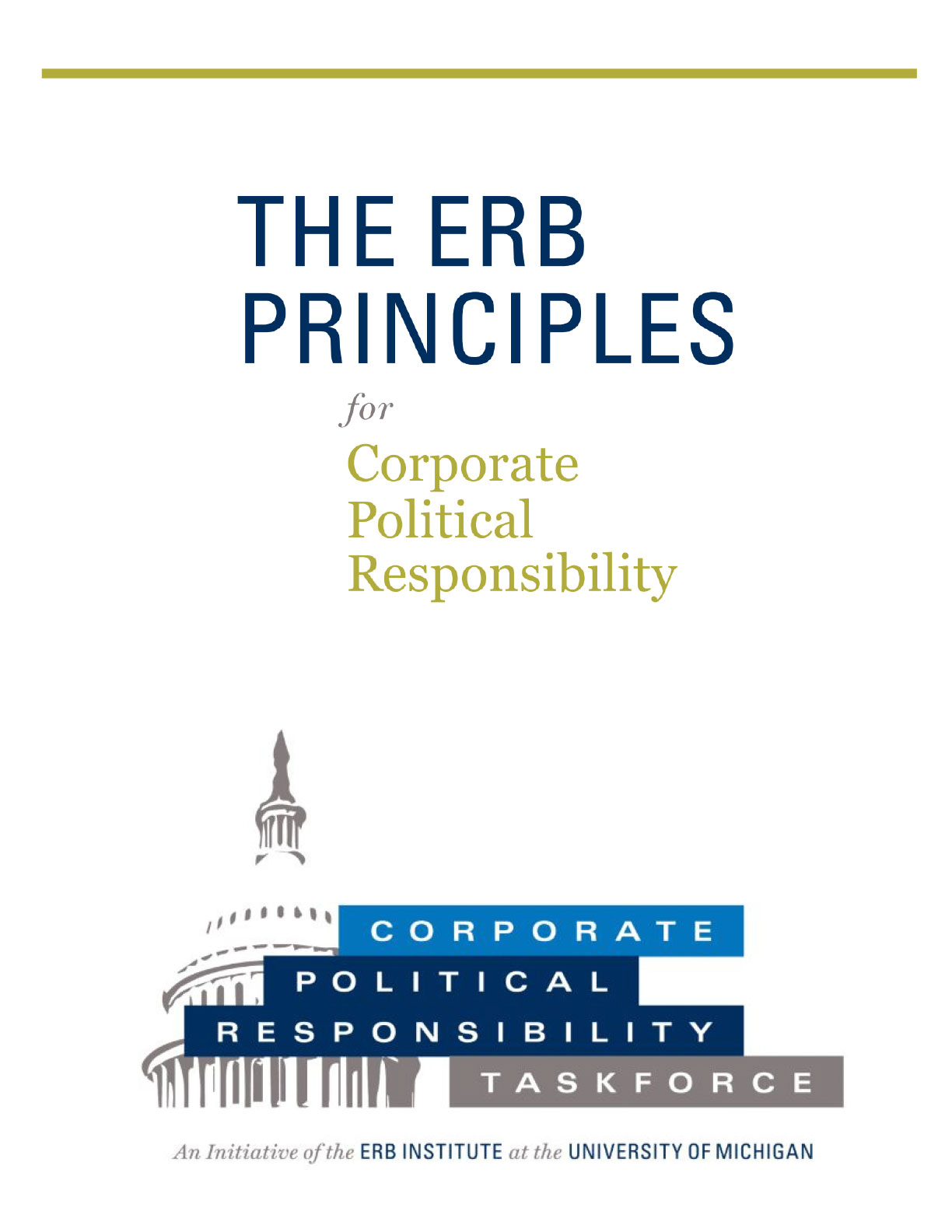Do you have a resource to recommend for The CPR Hub? Please reach out and we will review it for future updates!
What are "Commercial Determinants of Health"
Video 1 of 3
On May 23, 2024, we spoke with Nason Maani, Lecturer in Inequalities and Global Health Policy, Global Health Policy Unit, University of Edinburgh to explore “Corporate Political Responsibility and Commercial Determinants of Health: How business influences policies that affect people’s health.”
The communications and actions of companies and industries influence policy outcomes, including policies that affect people’s health, positively or negatively, directly or indirectly. One example of a large-scale industry with both influence and dependency upon policy outcomes is the U.S. firearms industry. Lecturer in Inequalities and Global Health Policy Nason Maani recently worked on a collaborative study examining the ways in which the firearm industry and industry-associated organizations frame firearms, firearm-related harms, and possible solutions to gun violence.
Using the experience and outcomes of this study as an example, we will discuss with Maani how industries such as the firearms industry influence policy outcomes and what it would mean for companies to influence policies responsibly with concern to public health impacts.
In this module, we explore:
- What do you mean by “the commercial determinants of health?”
- How do these dynamics play out in the U.S. firearms industry?
The Corporate Political Responsibility Taskforce (CPRT) Expert Dialogues are in-depth, recorded conversations with academic experts, stakeholder advocates, and business practitioners to provide our members and other CPR champions with the expertise and context they need to develop principled, proactive CPR strategies. Each module is designed to spark constructive, non-partisan, principles-based dialogue without “being political.”
Dr. Nason Maani is a Lecturer in Inequalities and Global Health Policy at the University of Edinburgh and a Harkness Fellow and Research Fellow at the London School of Hygiene and Tropical Medicine. His research focuses on structural and corporate determinants of health, seeking to describe the various drivers and channels through which upstream determinants such as equity, the generation of knowledge and public discourse, and commercial actors affect population health.
KEYWORDS: #CorporatePoliticalResponsibility #CPR_Healthcare #CPR_Responsibility #CPR_Inequality


